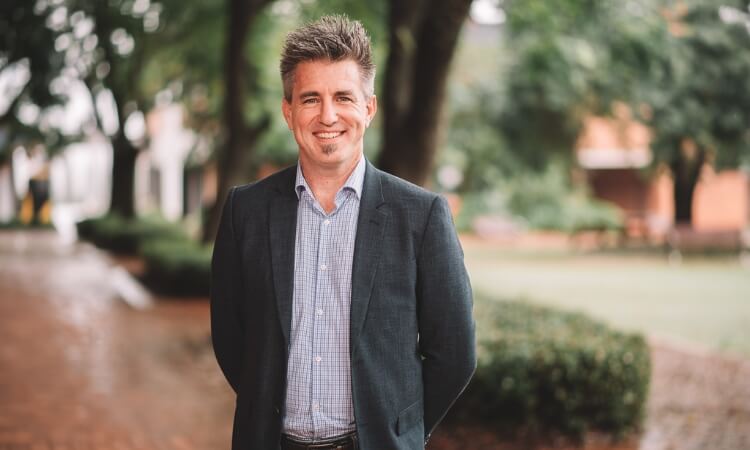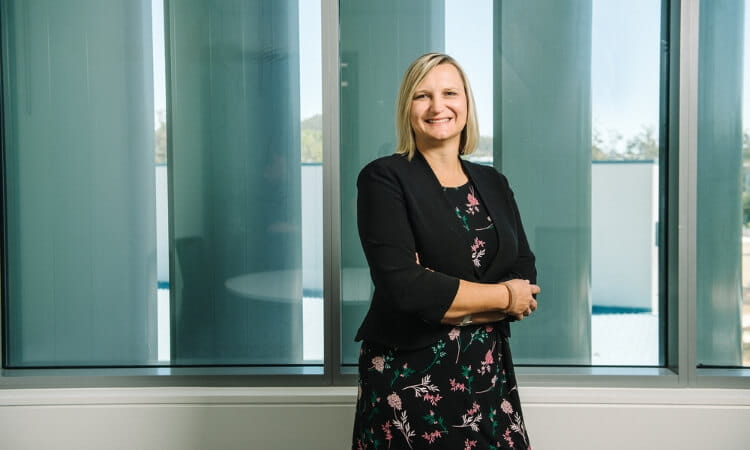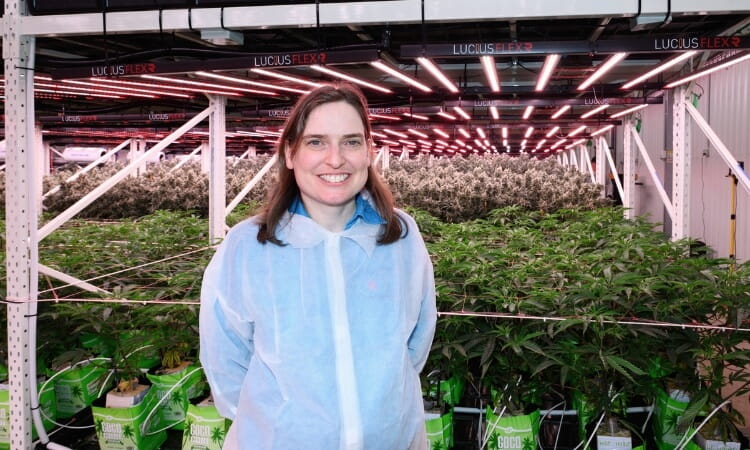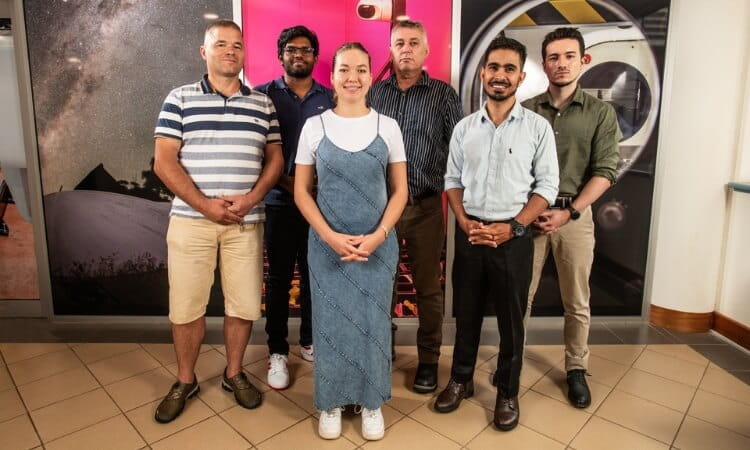Challenging stereotypes to empower youth

It’s an age-old saying – the good (community) versus the bad (teenager).
Researchers from the University of Southern Queensland (UniSQ) have challenged this simple binary by capturing accounts of the regional experience in a bid to help young people engage with their communities and lead fulfilling lives.
The Youth Community Futures initiative was developed amid the youth crime crisis to better understand who young people are, how they come to understand their world, and how society might enhance their experience.
Over the past two years, project lead Professor Andrew Hickey and his team have partnered with the Queensland Department of Science and Environment, numerous schools, and youth programs such as the Toowoomba Regional Council Youth Connect to run six projects as part of the initiative.
Awarded a Sustainable Communities Research Award at the Queensland Department of Environment and Science’s 2023 Youth Research Awards, the projects focused on the opportunities available to young people, their experiences living in the regions and their connection to society.
“By working in collaboration with many different cohorts of people aged between 13–25, we’ve been able to gain a deep understanding into their experiences in regional Queensland and how they consider their future,” Professor Hickey said.
“The significant public attention given to youth crime and anti-social behaviour is having a huge impact on their progression as they’re constantly battling the negative prevailing views of young people being dangerous and delinquent.
“Despite these challenges, our research revealed that young people maintain significant capacity for generating creative and resilient responses to these challenges – they just need to be afforded an appropriate platform to do so.”
While it’s a significant step in the right direction to put sociological youth research on the map, Professor Hickey said the key research findings indicate that more must be done to support our youth to achieve their aspirations.
“For young people to engage as valued members of their regional communities, it’s vital that we generate more insightful and compassionate understandings of their experiences,” he said.
“We’ve identified their direct engagement in community decision-making, an increase in the provision of resources that enable visible pathways into education and employment, and greater opportunities for community cohesion as key avenues for exploration.
“At the end of the day, communities can’t successfully reframe the narratives that circulate around young people without hearing the narratives from the young people themselves.”
Research projects undertaken as part of the award-winning Youth Community Futures initiative include:
- Young Peoples’ Futures, which examined the range of educational, employment and social opportunities available to young people across the region;
- The Sentiment Log, which captured accounts of living in regional south-east Queensland, ethnographically documenting experiences of being a young person;
- The Elder’s Network, which fostered a community of practice between young people, community and local Elders in sites across the Toowoomba region;
- Leaving Home, which explored the insights into young people’s experiences of relocating for higher education;
- Young People and the Social Imaginaries of Youth, which focused on adult perceptions of young people, and
- Community-Focused Youth Service Provision, which looked at early intervention programming for ‘at-risk’ young people.


